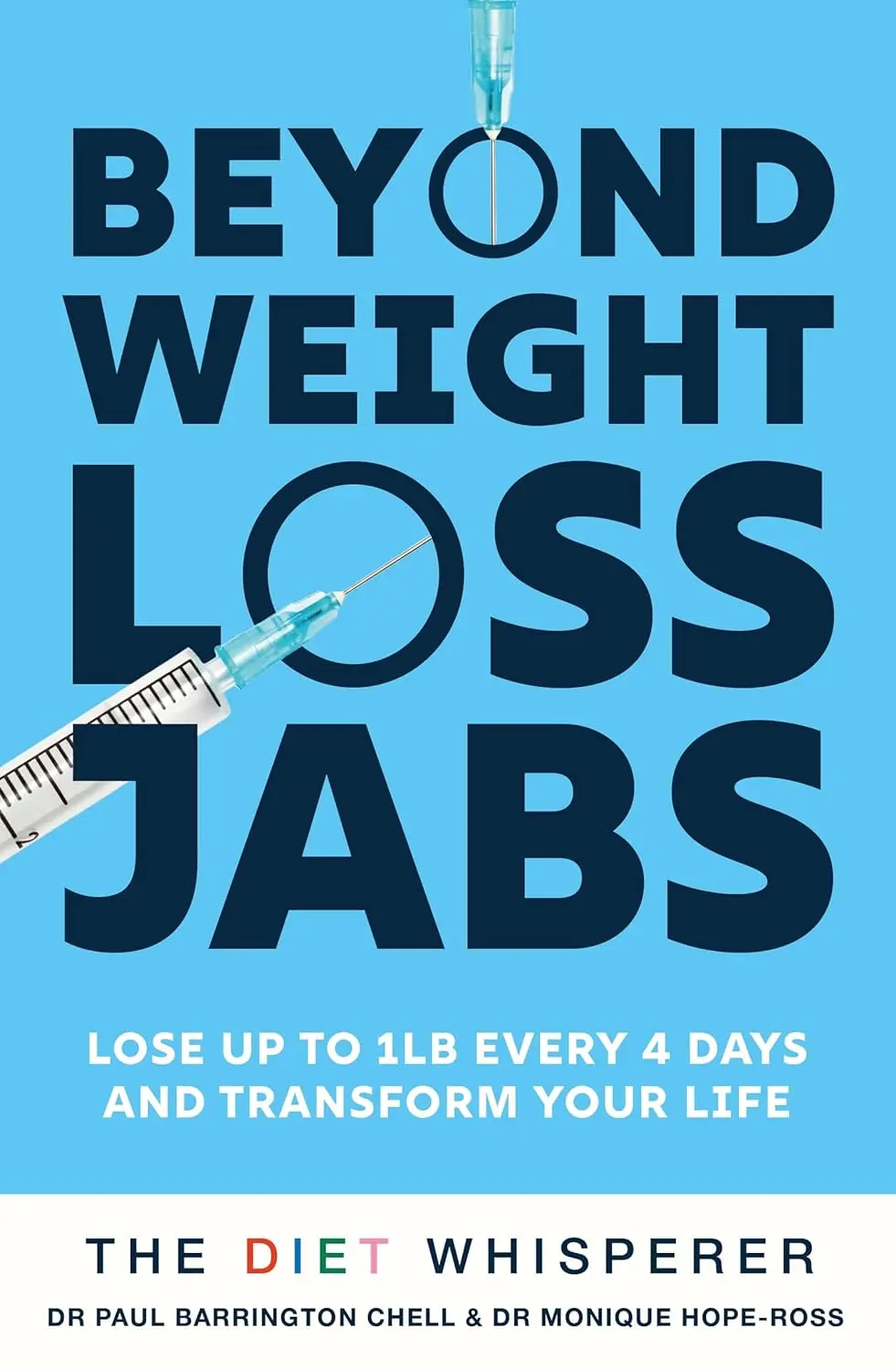How to sleep better
Published: 17th January 2022
Dr Paul Barrington Chell and Dr Monique Hope-Ross
Small changes to your life can make big differences to your sleep and thus your health. Getting the right amount of sleep allows both your brain and body to function at their peak levels and get the most from your life. Long covid has also contributed to recent sleep problems and modern life has been seen us voluntarily give up 20% of our sleep. This has contributed in no small part to the rising tide of modern diseases.
To get the most out of your day and your night, you need to respect your circadian rhythm. That means moving activities to a time that naturally chimes with your body clocks. You need to do things at a time that synchronises with your body clock; things like digesting your food during daytime, and sleeping well at night.
Body clock harmony is the key to sleeping well. Poor sleep not only disrupts our body clocks, but dyssynchrony of our body clocks also disrupts our sleep.
The good news is that disruptions can be fixed, and body clocks can be retrained. Clock dyssynchrony can be reversed to enhance sleep and improve health, even if you have long COVID.
Let’s dive right into the actions that will help you to sleep better
1. Skip the caffeine in the afternoon
Caffeine is big busines, the second most traded commodity in the world and the world drinks 2 billion cups of coffee every day. There is good evidence that the world’s favourite beverage has significant health benefits. But to protect your sleep, you need to treat it with respect.1 Coffee is not the only caffeine containing food: fizzy drinks, tea - including some herbal teas - and dark chocolate also contain caffeine. Decaffeinated coffee or tea does not mean that there is no caffeine, but typically 15-30% of the amount of caffeine in a regular cup. This may still be a significant amount. So, three evening cups of decaf, are equivalent to one cup of strong coffee, enough to keep some people awake all night. A small bar of dark chocolate contains the same amount of caffeine as one cup of coffee.
Caffeine, a brain stimulant directly blocks the sleep mechanism of the brain, working on receptors, which normally help to induce sleep and are blocked by caffeine. Caffeine stays for a long time in your system, and after 5-7 hours only half of the caffeine has been excreted, leaving plenty to interfere with your sleep. People vary in how much caffeine affects their sleep, and this is due to efficiency in the excretion of caffeine. But if you are sensitive to caffeine, be aware of how long it stays in your system.
Drinking one cup of coffee or tea after your supper, at say 7.30pm, will mean that by 12.30am half the caffeine is still stuck onto your sleep receptors and you will be wide awake. To avoid this disruption to your sleep, you will need to avoid caffeine after 12.00 noon. This will give your body a chance to excrete the caffeine before you go to sleep.
2. Last night Nibble?
Your food timing is an external influencer – or zeitgeber - of your body clocks. If you eat food late at night, your body clocks think that it is daytime, and this conflicts with the timing of the master clock, which says that it is night-time, thus your body clocks become dyssynchronous.
The timing of eating is a major contributor to clock dyssynchrony. And clock dyssynchrony is a major contributor to poor sleep, insulin resistance and obesity. Late night eating, by upsetting your body clock harmony and causing clock dyssynchrony upsets your sleep.
Finish your last meal 3-4 hours before bedtime
3. Reduce your EatSpan
Our bodies like most systems have a maximum capacity and at most, your digestive system works optimally for a maximum 8-10 hours per day. If you eat first thing in the morning, and every two hours (your gut doesn’t differentiate your snacks from your meals), then have a small nibble before you go to bed, you may be eating or for 14-16 hours. And we know from studies that this is becoming the norm. 2 Each meal takes 3-4 hours to be fully digested, absorbed and processed and our systems are in overdrive. It is hardly surprising that sleep takes a battering too.
If you force your gut to work for longer by eating at all times of the day, or even day and night, your liver says it’s day, your brain says it’s night, and there is a conflict between the clocks. Clock dyssynchrony ensures that you don’t sleep very well. Ideally, try to confine your eating or EatSpan to under 10 hours per day. If you start eating at 7.00 am, finish eating that day at 5.00pm. And that includes drinking other than black coffee and water.
Join our growing community of Whisperers
Get the latest news in dieting straight to your inbox with our free monthly newsletter
4. Bathe in bright Light in the morning and settle into dim light in the evening
Your master clock resets the time every day. And your master clock resets the time by exposure to daily light. Morning light is the most powerful signal for the master clock. The master clock calls time in your body. You need to see daylight in the morning to tell your master clock that it is a new day!
Spend some time outdoors in the morning, it doesn’t have to be long, so that your master clock sees that it is a new day. Then all your body clocks will chime together, and sleep will be effortless. I’ve never yet heard skiers mentioning insomnia!
5. Keep it regular
You are tied to the rotation of the earth around the sun, the spin of the earth around its axis. Your master clock controls your 31 trillion body clocks, in each cell of your body. Your clocks chime in unison and all the complicated processes happen smoothly. And that makes you a rhythmical being, where planet earth calls the beat.
Your body works best when you do things at the same time, as preparation is required for many of the processes. And so it is with sleep, it takes quite a lot of coordination to give up consciousness. Make it easy for yourself, pick a bedtime and stick to it!
Sleep is an important part of your circadian rhythm, but it is not an isolated project. Your circadian rhythm controls all your other bodily processes. If one goes awry, the others are likely to follow and that’s why poor sleep is associated with insulin resistance and metabolic disorders.
Pick a bedtime and stick to it. Your bedtime might be an hour before you wish to sleep, and you might read a book before slumber. Do the same thing regularly and getting to sleep will be much easier.
6. Avoid screens at night
Thanks to the tireless work of scientific researchers, we know that not all light signals the day. It is in fact only blue light that activates the Master clock which chimes that the day has dawned and tells the brain that it is daytime.3 4 The absence of blue light signals the night, and as darkness descends, the Master clock chimes that the day is done. 5 6
Many screens of electronic devices, including television emit blue light. Blue light from screens triggers a daytime signal to the master clock, causing confusion and thus prevents sleep. It’s no secret that we all look at our screens at night and screens are a major disrupter of our body clocks and sleep.
After the research was published, most IT companies put night mode on their electronic devices, to reduce or eliminate blue light at night and some televisions now have a graduated night mode. There is also a burgeoning industry now, providing us with different lighting at different times to fit in with our circadian rhythm.
7. Help your body to prepare for sleep
The orchestration of sleep involves reducing your body temperature, slowing your heart rate and dropping your blood pressure. You can help this to happen, by altering your environment. Controlling what you do and where you sleep is an important part of inducing high quality restorative sleep.
Your body temperature is at its lowest, just before you sleep. This takes a bit of doing and you can do your bit to make it easier for your temperature to fall. A cool bedroom will help to lower your body temperature and is conducive to sleep. Quite simply, turn your thermostat down. In the same vein, having a bath dilates your blood vessels, when you get out of the bath, your body loses heat and your body temperature drops, another step in the right direction.
Eating raises your body temperature, when food is digested, there is release of energy, which is dissipated as heat. So, eating near bedtime elevates your core temperature, making sleep more difficult. Avoid late night eating and allow 3-4 hours after your last meal before going to sleep to ensure that your body has cooled down and your food has been fully digested before sleep.
Vigorous exercise immediately before sleep will result in a higher body temperature and elevated heart rate. It is best to avoid vigorous exercise for at least two hours before you plan to go to sleep.
8. Keep your Bedroom dark
Light activates your master clock and tells it that it is daylight. And this wakes you up. When blue light fades and day turns to night, the master clock calls the night. And it orchestrates all the key players for a perfect night’s sleep.
But if there is light at night, the master clock doesn’t call the night, sleep is suppressed and quite the opposite, the master clock promotes wakefulness. And that is why you should keep your bedroom dark, to ensure that your master clock recognises the night. If you can’t have a dark bedroom consider an eye mask, the right one can really help.
Keep your Bedroom dark
9. Make your Bedroom a Sleep Haven
Take some time to look at your bedroom objectively and make the space serene. You should ensure that there is little clutter, and a comforting environment. Remove all screens, including all electronic devices and the TV. Screens, like sirens, will shout to you, enticing you to watch them and they disturb your master clock and all your other body clocks. No one would argue that Sting doesn’t look his age, and at 70 looks like a 50-year-old. He doesn’t have a TV in his bedroom, and neither do we.
Keep your bedroom quiet, invest in a luxurious bed, crisp cotton sheets, ban reminders of work, add a relaxing scent such as lavender and create a special space.
And that is how to deal with sleep issues, respect your body’s natural circadian rhythms, work with the rhythm, not against it. Enhancing your body’s natural rhythms will help you not just to sleep but all aspects of your health will benefit.
How to Sleep Better
- Skip caffeine (in drinks or food) after 12 noon
- No late night nibbles
- Keep your Eatspan under 10 hours
- Spend time outdoors in the morning to get bright light
- Bathe in dim light in the evening and night
- Avoid screens at night
- Keep your bedroom dark
- Have a bath before bedtime
- Avoid exercise for two hours before bedtime
- Banish the TV and screens from your bedroom
- Make your bedroom a haven for sleep

